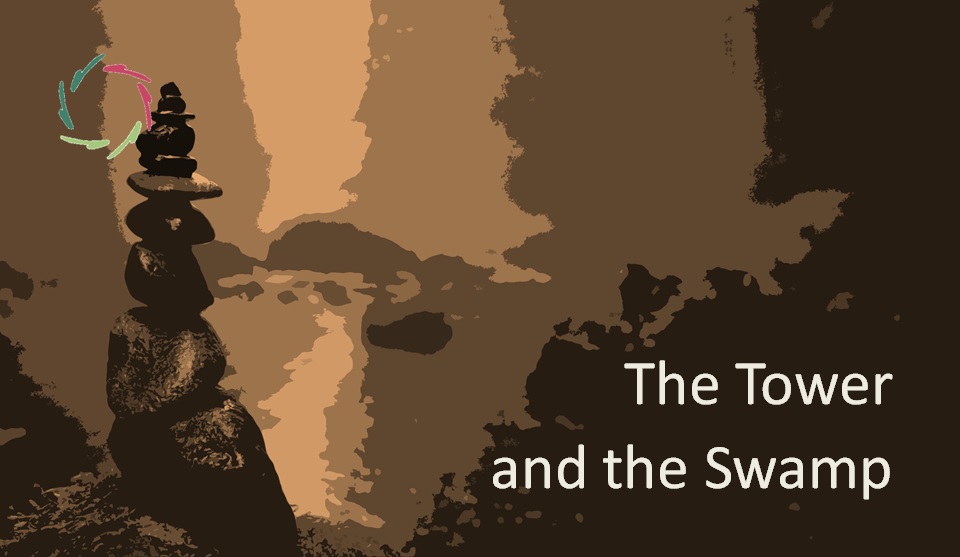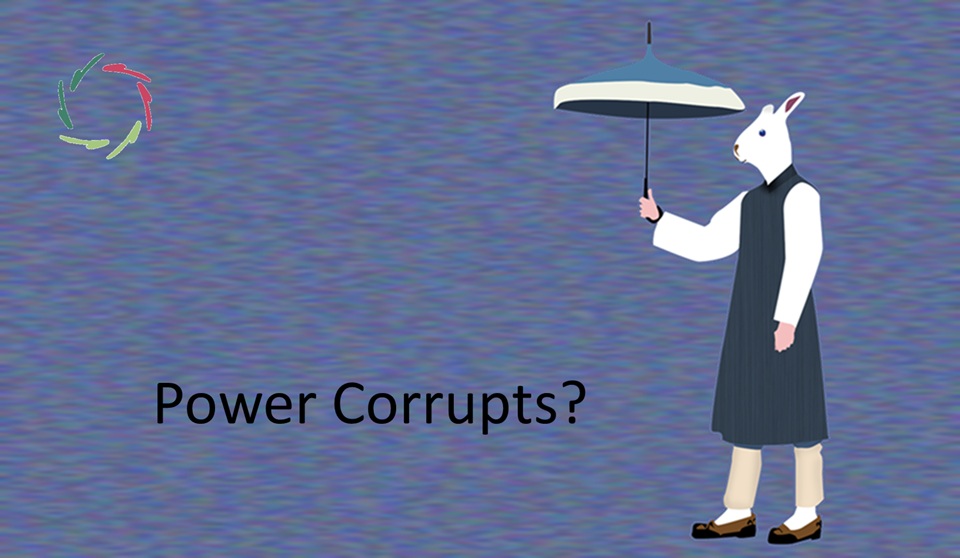Against Reductionism

Science is about a search for simplification. The danger is an oversimplification — reductionism.
In this text, I use the term ‘reductionism’ as a synonym for the oversimplification we are discussing.
Parsimoniousness
That’s the highbrow term for the above genuine search. In the philosophy of science, it is seen as one of science’s ultimate goals.
For instance, the ‘mother of all searches in physics’ is the search for the one elemental force that explains everything. At present, scientists see two of them that are mutually incompatible.
Why?
Simplification removes undue noise and provides the means to explore new territories.
In other words, science likes purity and progress. Indeed, both are excellent!
Yet, there can be reductionism in several ways.
For instance, Newton’s laws were an oversimplification of the physical realm. This was not obvious in Newton’s time and could not have been. But then came noise and more noise, resolved by Einstein by simplifying Newton’s basics together with much of the noise into one theory.
Note how Einstein’s simplification transcended Newton’s ‘reductionist’ (avant la lettre) take. Eventually, science prevails in parsimoniousness!
The principle of reductionism
What gets lost in reductionism (remember: over-simplification) is the specific character of complexity. [Note the difference between complex and complicated.] I see in this the loss of depth and the related advantages. Also, the disadvantages since your life may be easier without it, of course. It’s an endeavor of insight — then, an ethical choice may be involved.
In physics, it may be relatively easy to show the lack of complexity/depth, although it took an Einstein in the above example.
The challenge is different in medicine (and healthcare generally), but what is at stake may be more critical: us. Not surprisingly, we see a stark lack of depth in regular medicine today. This may be a primary reason why people look for ‘alternative medicines’ where science gets lost.
The present danger in scientific healthcare: reduction of the mental to the physical
Enabled by medical technological progress and fueled by the past religious abhorrence of guilt as well as a scientific drive for simplification, time and again, the physical is (ab)used to serve as the excuse for dropping the mental. Since this is grossly one-sided, we see tons of noise inside this construct. For instance, the placebo effect rockets sky-high.
As usual, science will eventually take the basics together with the noise and simplify, thereby transcending present-day reductionism. It’s just a question of time before this happens, with a new era heralding a new synthesis. In my view, Subconceptual Processing Theory will be a crucial part of the new playground in the future of medicine.
Reductionism in A.I.
Here, the complexity of the (future) artificial mind may be reduced to the undeniable fact that present-day mainstream computers are all about ones and zeros.
The fact is: they are.
Equally factual is that there is / will be a massive domain of complexity beyond that.
What matters
Eventually, it doesn’t matter so much if the complexity is based at a lower level on ones and zeros, or some analog base within non-digital computers, or synapses and chemicals as in the human brain.
What matters is that one should never reduce complexity away just like that.
Right. Then starts the job to make it worthwhile and meaningful.


